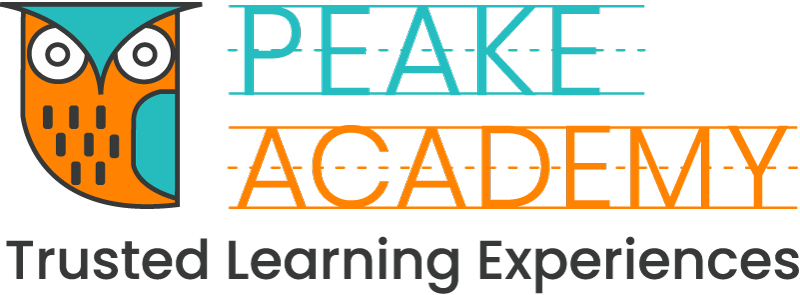Teaching your Children Gratitude
Parents across the board find their experiences to be similar. When your child says, “Thank you” for the first time without giving them a nudge or a nod of “what do you say”. The inner excitement that you are doing something right in your parenting. Parents universally share the moment of thought of, I’m afraid I am not teaching my children enough.
What do children really understand of gratitude? Past studies have shown that children’s focus is around appreciation. In a study done in 1976, they found that children will be more likely to say thank you when they received something of value to them such as candy Halloween.
There is much more to being grateful than just saying thank you. The experience and expression of gratitude are more expansive than we realize. It is allowing children to use skills that are complex social-emotionally.
A project done out of the University of North Carolina found that families as their children have grown from kindergartners to young teens experiences evolves. After time spent developing research based on literature and gathering from conversations with parents they formed gratitude as an experience that has four parts:
NOTICE the areas in your life for which we can be grateful, someone in your life that has taken time to gift you; material items or acts of service.
THINK about why we have been given those things
FEEL about the things we have been given
DO express appreciation in exchange-give back
“Children may show more gratitude in practicing with those skills. Starting to connect the NOTICE-THINK-FEEL parts of experiencing gratitude with the DO part of expressing gratitude.”
Children observe 24/7 their parents and adults around them. They will form beliefs in gratitude based on the behaviors and messages they receive and notice from them.
Whenever your child receives a gift or someone shows kindness to them, that is a great moment to start a conversation that helps them discern in gratitude. Start conversations that show how you both think, feel, and respond to the people and gifts you’re grateful for in your life.
Preschool-age children, walking them through the observation. Coming down on their level making eye contact. “Did grandma just gift you a gift? That was so nice of her. So thoughtful she thought of you! Look how your new ----fits in your hand. Would you like to go over to her and say thank you?” Or, “We could make her a thank you card!”
In the research from UNC, they found parents asking four-part questions with their children can foster their experiences with gratitude creating more of a deeper connection and creating their experience tangible and not just going through the motions;
Notice – What do you have in your life to be grateful for? Who are the people in your life you are grateful for? Take turns as a family. The car ride is a great way to have “grateful conversations”.
Think – What do you think about this present? Walk them through the perspective of the giver.
Feel – Does it make you feel happy to get this gift? What about this gift makes you feel happy?
Do – Is there a way to show how you feel about this gift? Does the feeling you have about this gift make you want to share this feeling by giving it to someone else? Parents give examples of what you have done and felt.
In children’s development, there are layers as they gather information. Watching, listening, and hands-on. Researching the cause and effect woven in everything. This is applied to the value of gratitude. Not just operating from the surface going through the motions but that being grateful is appreciation and mindful awareness of receiving gifts from others or they already have in the world. Acts of gratitude inspiring to give back to others.
For more tips for parents and the whole family join us over on our Facebook Parent Advisor Group. Great news! Our Peake Academy Digital Preschool Program, Founding Members doors are opening on Nov. 14th!! Save your seat!
This is your chance to be a part of PADP & PADP Membership. The details on perks and bonuses coming soon!!
Thank you for reading this content. Here’s a free Positive & Gratitude Workbook for you and your kids! In this workbook you will find activities to help you see yourself positively, learn how to turn negative thoughts into positive ones, make a list of positive activities for you to enjoy and practice gratitude!
Visit our Parent Advisor and The Buzz Blogs to learn more about related topics and parenting tips. You are welcome to join our private Parent Advisor Facebook group. It’s a growing community of parents and preschool teachers where you can learn and share more parenting tips.



